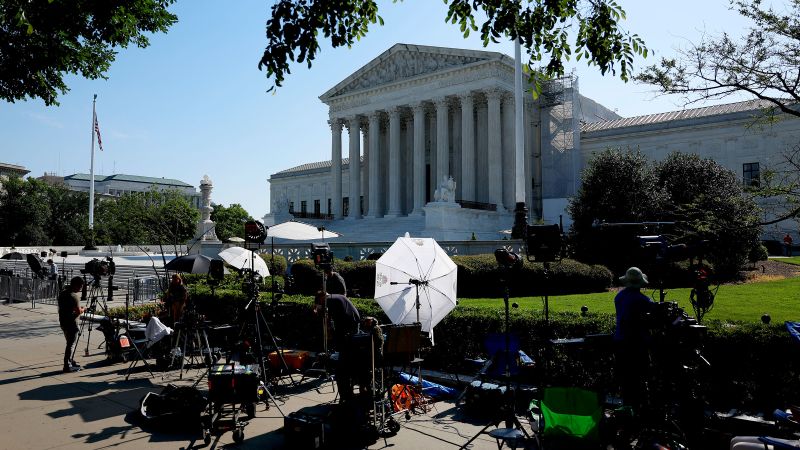In a disappointing turn of events for Black voters, the Supreme Court has decided not to take up a case challenging Georgia’s system for electing its public utility board. The case involved the “at-large” electoral system, which Black voters argued diluted their votes.
This decision by the justices could potentially make it much more difficult for challenges to similar at-large voting systems to move forward in three Southern states. The five members of Georgia’s Public Service Commission are each elected in staggered, statewide votes, which a federal judge deemed to be in violation of the Voting Rights Act.
The ruling was later reversed by the 11th US Circuit Court of Appeals, leading to the Black voters’ appeal to the Supreme Court. Despite declining to take up the case on Monday, the Supreme Court did not provide any explanation on the merits of the arguments. However, this decision leaves in place an 11th Circuit precedent that could impact other Voting Rights Act lawsuits in Florida, Georgia, and Alabama.
The 11th Circuit determined that the Black voters’ challenge failed because they did not propose a remedy to address the alleged vote dilution while still maintaining the at-large system for the commission. The appeal noted that this precedent could make it nearly impossible to challenge at-large election schemes for local entities like school boards.
Georgia Attorney General Chris Carr argued in court briefs that the Supreme Court should not intervene in this case, emphasizing the unique nature of the commission as the state’s regulator for investor-owned utilities. Carr suggested that challenges to other government entities using at-large election methods could still be pursued.
In a previous phase of the case, the Supreme Court sided with the Black voters by reinstating a trial court order that postponed the 2022 elections for two commission seats. This delay allowed the legislature to establish a new system for electing commissioners.



